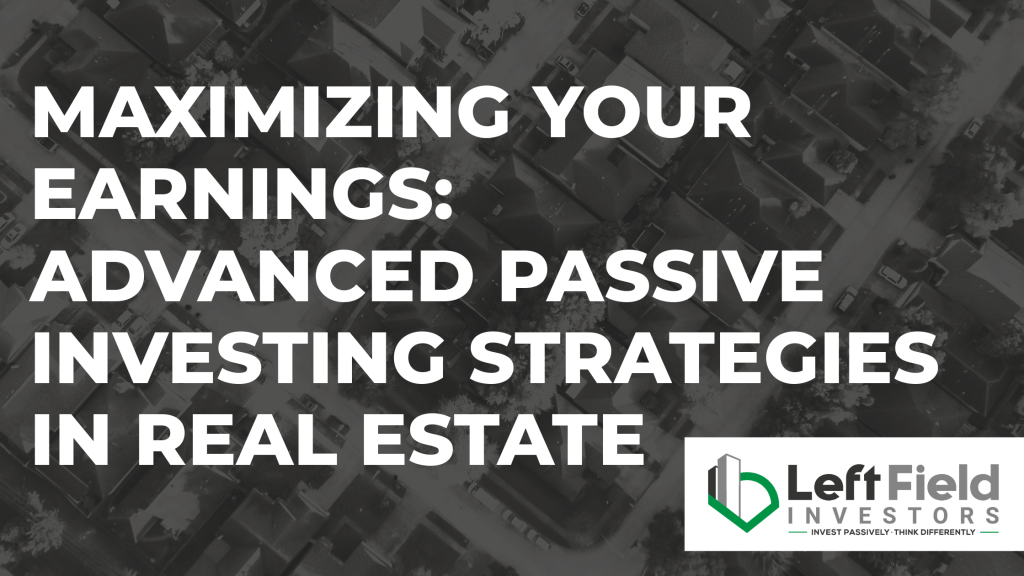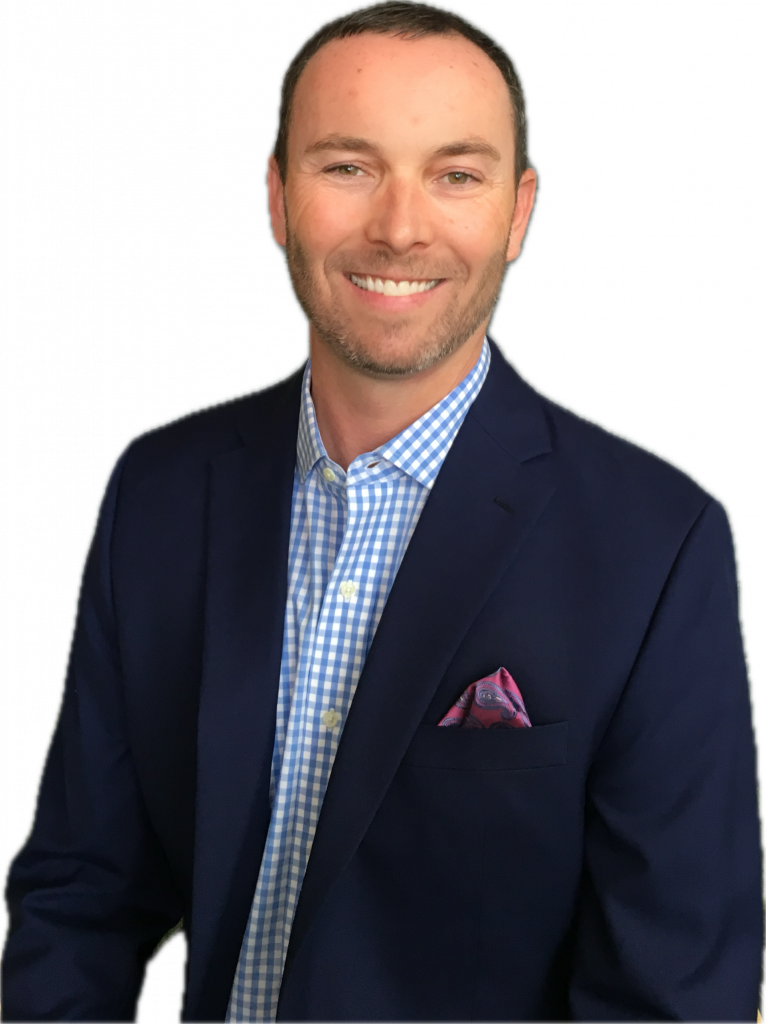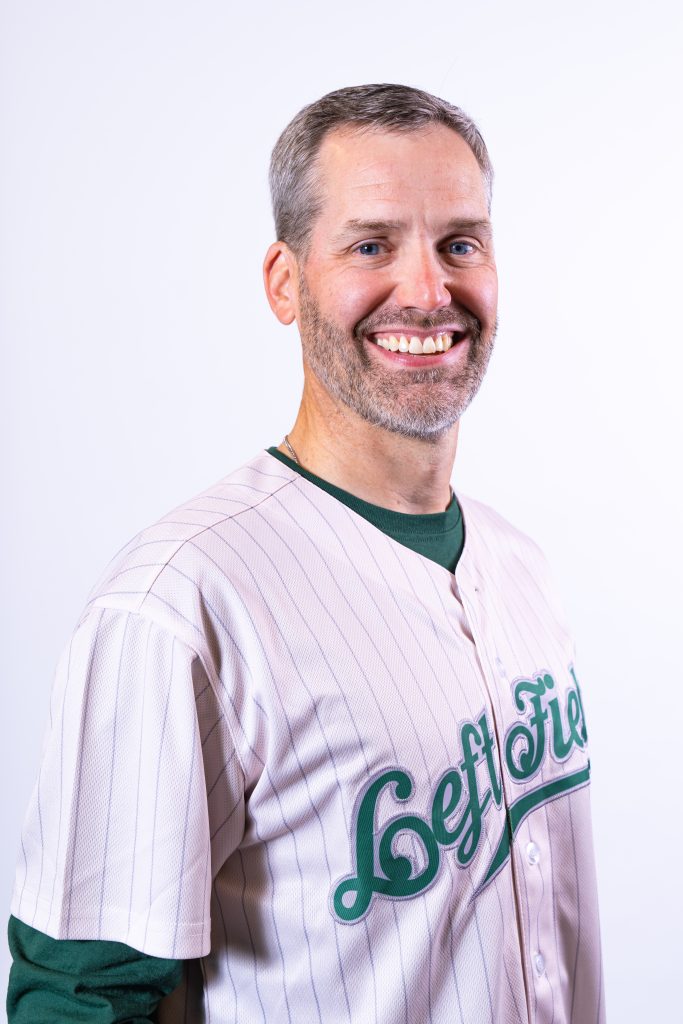Many real estate investors get their start with residential properties. Buying, renting and managing single-family homes or small multifamily provides solid experience and can generate decent cash flow. However, truly maximizing returns often requires graduating to more advanced commercial real estate strategies.
Commercial real estate investing opens up opportunities unavailable to the average individual rental property owner. Larger properties provide economies of scale and stronger profit margins. Professional property managers handle day-to-day operations, avoiding landlord headaches. Higher quality commercial tenants are more reliable. Greater diversification reduces risk compared to having all your money in just a few rentals. There are also more ways to add value through renovations, lease-ups, rate increases and operational improvements.
For investors looking to take their earnings to the next level, increasing exposure to intelligently-selected commercial real estate can significantly amplify returns. Here are some advanced strategies to consider:
Diversify Your Holdings
A common mistake is overconcentrating into just one or two assets. Effective diversification is critical for optimizing risk-adjusted returns. Ideal diversification includes:
- Different commercial property types – multifamily, office, retail, industrial, storage, etc.
- Various geographic locations – different cities, states, regions
- Multiple risk profiles – core to value-add to opportunistic
- Blend of stabilized assets and new developments
- Mix of short and longer-term hold periods
- Various sponsors and general partners
Rebalancing over time maintains target diversification as deals enter and exit your portfolio. Avoid overconcentration into lower-yielding assets by continually recycling capital into opportunistic investments.
Utilize Property Management
Quality property management is crucial for optimizing operations and cash flow, especially with larger commercial assets. Trying to self-manage dozens of units across large properties is sub-optimal.
Leveraging professional property management provides major advantages:
- Freed up time to focus on higher-level business strategy and new deals
- Specialized experience managing significant commercial assets
- Efficient operations and relations with commercial tenants
- Lower turnover through retention programs
- Economies of scale by managing multiple properties under one portfolio
Paying a fee for high-caliber property management services can greatly enhance net income compared to self-managing, creating value well beyond the fee.
Explore Niche Commercial Sectors
Mainstream commercial sectors like apartments, office and retail provide plenty of opportunities. But niche property types can offer exceptionally strong risk-adjusted returns. Some examples include:
- Storage facilities
- Manufactured housing communities
- Specialty medical or hospitality assets
- Niche industrial like refrigerated warehouses
- Self-storage is recession resilient with low overhead and maintenance costs
- Manufactured home parks offer stable demand and captive tenants
Specializing in a narrow niche allows you to become an expert and create competitive advantages. But combining niche plays with core diversified holdings balances out risks.
Leverage Networks and Data
For evaluating niche opportunities, leverage data mining tools and connections specialized in that segment. For example, self-storage brokers like SVN Storage Realty can provide invaluable insight on market trends and off-market deals.
Big data can identify ideal sites for ground-up development. Networking leads to favorable acquisition opportunities before they hit the open market and cultivating specialized connections provides an edge.
Upgrade Management Technology
Optimizing operations hinges on effectively utilizing property management technology. Choose solutions that provide:
- Centralized reporting and investor dashboards
- Electronic rent collection and cash distribution
- Streamlined investor relations and communications
- Automated servicing and administration
- Paperless workflows and consolidated tax reporting
Leveraging proptech pays dividends through dramatic time savings, improved resident retention, and reduced overhead.
Employ Conservative Leverage
Used judiciously, leverage magnifies overall returns. With today’s low interest rates, secure loans with:
- Low LTV ratios below 65%
- Interest-only periods
- Minimal prepayment penalties
- Low, fixed interest rates
Conservative leverage maximizes cash flow while protecting against risk. Work with experienced lenders to obtain attractive non-recourse loans. Refinancing and portfolio lending can unlock trapped equity for reinvesting.
Structure Exits for Maximum Gain
Designing optimal exit strategies is key to maximizing investment gains. Savvy sponsors continuously evaluate:
- Ideal holding periods
- Potential buyer profiles
- Prevailing market conditions
- Asset valuation and comps
- Most favorable sale price points
- Utilizing 1031 tax-deferred exchanges
Leave no money on the table by engineering exits to realize the highest possible sale prices.
Continually Educate Yourself
Staying educated on evolving real estate finance and market developments helps you make better decisions over time. Ways to keep sharp include:
- Membership in advanced real estate communities
- Attending conferences and networking events
- Regular deal evaluation practice
- Reading industry publications and books
- Listening to podcasts and audio learning
- Monitoring macroeconomic and property market trends
One real estate group that offers most of the above benefits is Left Field Investors.
The above strategies allow taking your real estate returns to the next level. Intelligently diversifying into niche sectors, leveraging expertise, employing technology, using leverage judiciously, and planning optimal exits maximizes profits. Pair this with unending education and your portfolio stands to grow exponentially. To learn about one investor’s journey to passive investing, explore this article.
Advanced commercial real estate investing requires dedication, but offers generous rewards. By implementing these higher-level strategies, you elevate your investing game to expand your passive income streams and gain financial freedom.








